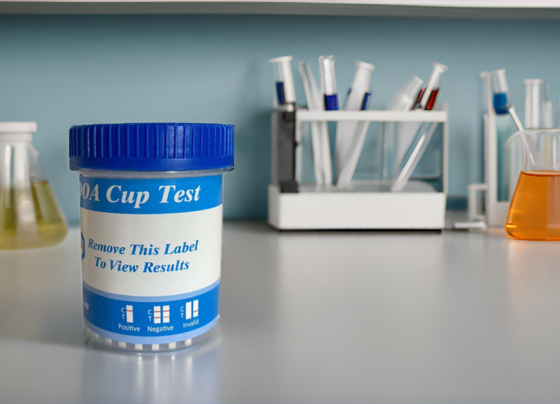The undetected murder? Evaluation and validation of a practicable and rapid inductively coupled plasma‐mass spectrometry method for the detection of arsenic, lead, and thallium intoxications in postmortem blood
An ICP-MS method was developed using a modified acidic workup for the quantitative determination of arsenic, lead, and thallium in…

